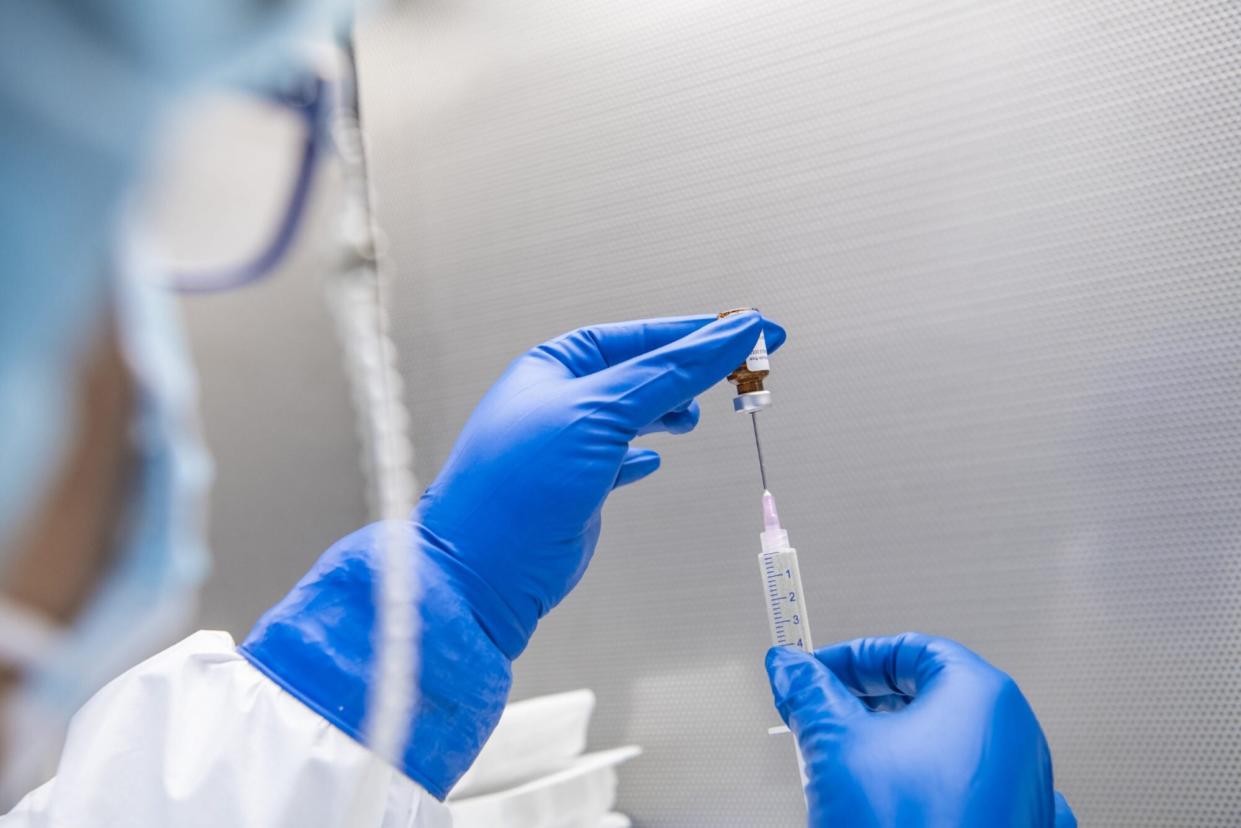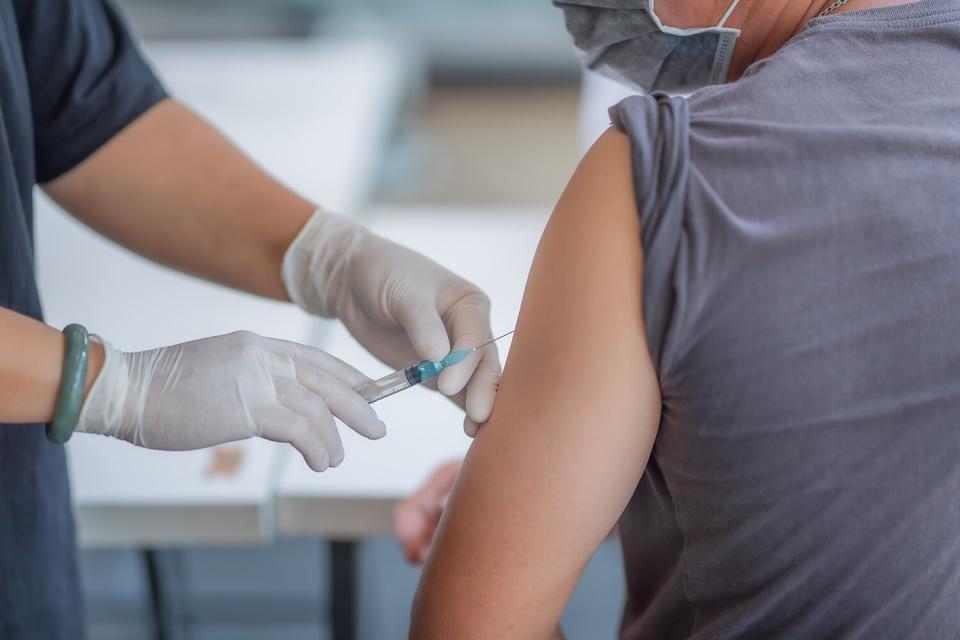CDC Reports That COVID Vaccines Are Safe For Children, 'Serious' Side Effects 'Rarely Reported'

Cleveland clinic
COVID-19 vaccines are indeed safe for children, three new studies published Thursday by the Centers for Disease Control and Prevention confirmed.
The studies underscore both the effectiveness of the vaccine in children and its safety.
One study of 42,000 children ages 5 to 11 found that "serious adverse effects" from the Pfizer-Biontech vaccine, including myocarditis, a form of heart inflammation, "were rarely reported" among the age group.
A second study conducted in Arizona between July and December 2021 determined the Pfizer vaccine was about 92% effective in preventing COVID-19 illness in children ages 12 to 17.
And a third study found that nearly all children ages 5 to 17 hospitalized with COVID-19 in July and August 2021 — more than 99% — were unvaccinated.
RELATED: CDC Says All Individuals Should Avoid Cruise Ship Travel 'Regardless of Vaccination Status'
The three studies further justified the need for kids to get vaccinated against COVID-19.

Getty
Much like adults, children typically experienced side effects from the COVID-19 vaccine on the day of vaccination, according to the first study. Among the most commonly reported symptoms were injection site pain, fatigue, headache and fever. The study reported just 11 verified cases of myocarditis among 42,000 kids, seven of which had recovered.
Never miss a story — sign up for PEOPLE's free daily newsletter to stay up-to-date on the best of what PEOPLE has to offer, from juicy celebrity news to compelling human interest stories.
There were two deaths reported during the study, both in children that researchers said had "multiple chronic medical conditions." The study authors said that they do not believe their deaths were related to the vaccine.
According to the second study, kids that tested positive for COVID-19 were more likely to report not wearing a mask as much while interacting with the community at large, including at schools.
RELATED VIDEO: Here are Some Myth-Busting Facts About COVID-19 Vaccines
Pediatric hospitalization rates climbed this summer when the severe delta variant became the dominant COVID-19 strain in the United States, the third study said. About one-third of all children age 5 and up reportedly had more than one viral infection during that time.
At the six hospitals studied in Arkansas, Florida, Illinois, Louisiana, Texas and Washington, D.C., nearly 15% of unvaccinated pediatric patients required ventilation and about 1.5% died, per the study.
RELATED: Johnson & Johnson Says 2 Doses of COVID Vaccine Are 85% Effective in Preventing Hospitalizations
The CDC's new findings come as the omicron variant wreaks havoc on the U.S., with the country smashing single-day records for positive COVID-19 cases multiple times in the last week alone. Several events have been scaled back, such as New York City's New Year's Eve event in Time Square, or canceled altogether as a result of the strain's rapid spread. Some experts have even recommended forgoing New Year gatherings altogether to avoid further infection.
So far, the vaccines from Pfizer and Moderna have proven highly effective in preventing serious illness for those who come in contact with the COVID-19 virus. And on Thursday, Johnson & Johnson announced that two doses of its vaccine are 85% effective in preventing hospitalization.
As information about the coronavirus pandemic rapidly changes, PEOPLE is committed to providing the most recent data in our coverage. Some of the information in this story may have changed after publication. For the latest on COVID-19, readers are encouraged to use online resources from the CDC, WHO and local public health departments. PEOPLE has partnered with GoFundMe to raise money for the COVID-19 Relief Fund, a GoFundMe.org fundraiser to support everything from frontline responders to families in need, as well as organizations helping communities. For more information or to donate, click here.

